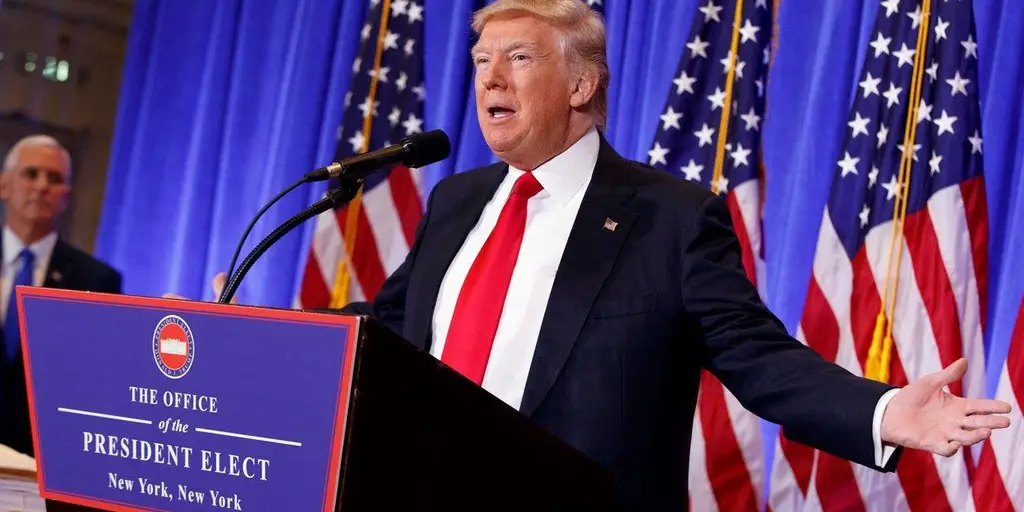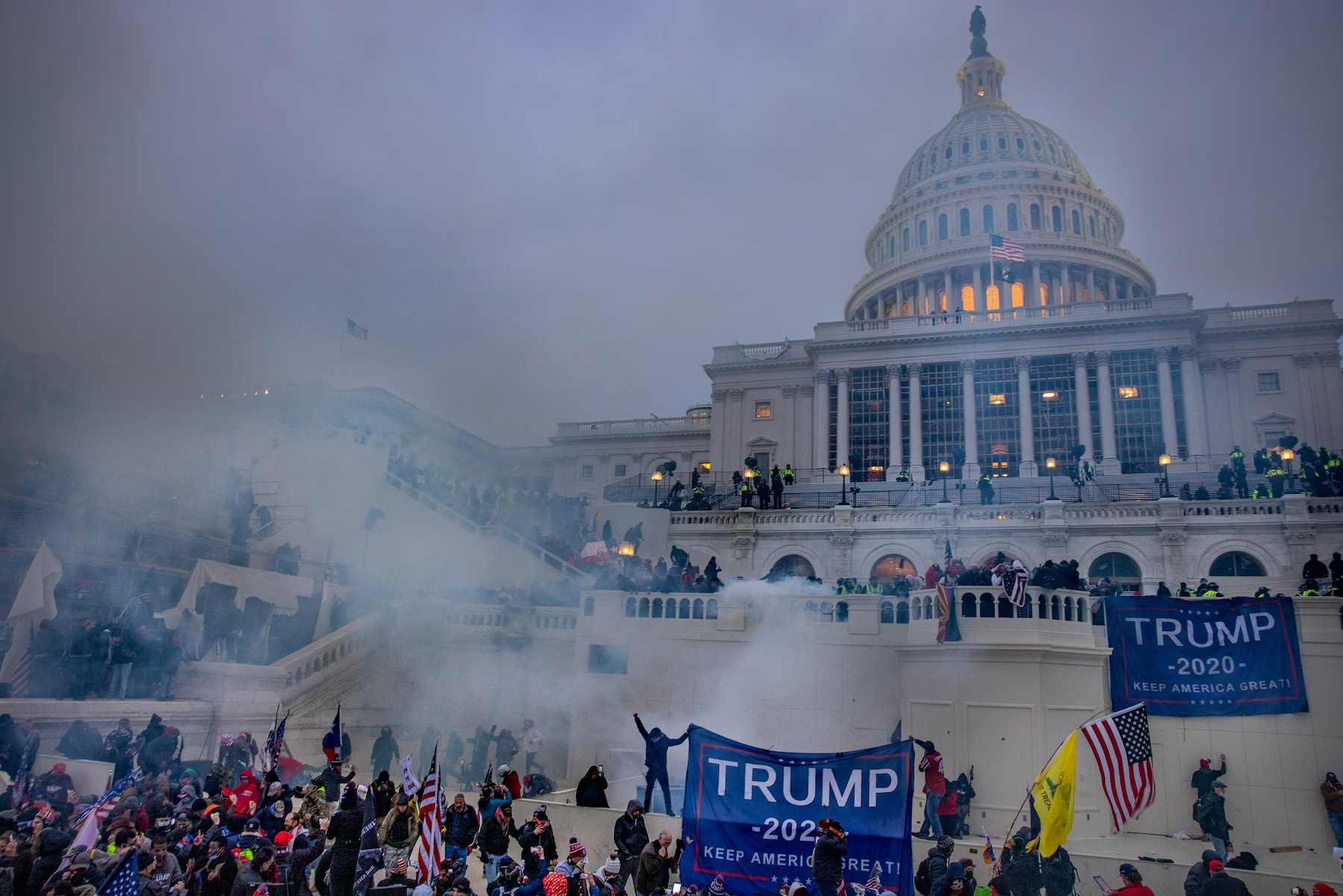On the evening of July 10, 2025, Joe Biggs, a former leader of the Proud Boys, took to X (formerly Twitter) to express his dismay and disappointment at Donald Trump. This comes after Trump, who once held the power to pardon him, commuted Biggs" 17-year prison sentence, leaving him without a full pardon despite his prominent role in the January 6 insurrection. Biggs, who has served less than two years in federal prison for his involvement in the attack on the U.S. Capitol, now publicly begs for Trump to intervene again, revealing the complicated relationship between far-right extremists and the former president.
Biggs Rants on Social Media
In a series of posts, Biggs lamented being one of the few Proud Boys leaders not granted a pardon, expressing feelings of betrayal. He claimed, "We (J6ers) went to jail so Trump didn"t have to. We took the fall for him." With a tone of desperation, he requested, "Please @POTUS help me get my life back." Biggs" comments reveal a deep sense of entitlement and expectation from the far-right base towards their former leader, who has been known to manipulate their loyalty for his own political gain.
Context of the January 6 Insurrection
The January 6 insurrection was not just a chaotic protest but a coordinated attack on the democratic process. According to NPR, the Proud Boys played a significant role in the violence that day, pushing the boundaries of acceptable political discourse into the realm of insurrection. Biggs was convicted on multiple counts, including seditious conspiracy, underscoring the severity of his actions and the threat posed by far-right extremism to democratic governance.
\n\n
Donald Trump holds first news conference since election | Fox News Video
The Fallout of Trump’s Commutation
Trump’s decision to commute Biggs" sentence raises critical questions about accountability and justice. What message does this send to those who engage in violence under the guise of political protest? In a society striving for civil rights and democratic integrity, the commutation of sentences for individuals involved in seditious acts underlines a dangerous precedent where political influence can shield individuals from the consequences of their actions. As reported by the Justice Department, the sentences handed down to Proud Boys leaders reflect the severity of their crimes, yet the commutation raises the specter of a system where accountability is contingent on political connections.
Implications for Democratic Governance
The ongoing saga of Biggs and Trump illustrates a broader issue within American politics—the troubling relationship between political leaders and extremist groups. Trump"s failure to fully pardon Biggs may have left a rift, but it simultaneously highlights the fragility of our democratic institutions when faced with violent extremism. As noted by the White House, the decision to grant pardons is often viewed through a lens of political expediency, leading to questions about who benefits from such actions and at what cost to civil rights.
\n\n
Photos from Jan. 6 show the U.S. Capitol under attack - The ...
The Future of the Proud Boys
As Biggs publicly pleads for Trump’s support, the Proud Boys" future hangs in the balance. The group has been under increasing scrutiny from law enforcement and civil rights organizations, prompting a reassessment of their role in American political life. According to West Point"s Combating Terrorism Center, the Proud Boys represent both a manifestation of deep-seated societal issues and a catalyst for further polarization. As the nation grapples with the implications of their actions, it is clear that the conversation around accountability, civil rights, and democratic governance is far from over.



![[Video] Gunfire between Iraqi security forces and Sadr militias in Baghdad](/_next/image?url=%2Fapi%2Fimage%2Fthumbnails%2Fthumbnail-1768343508874-4redb-thumbnail.jpg&w=3840&q=75)
